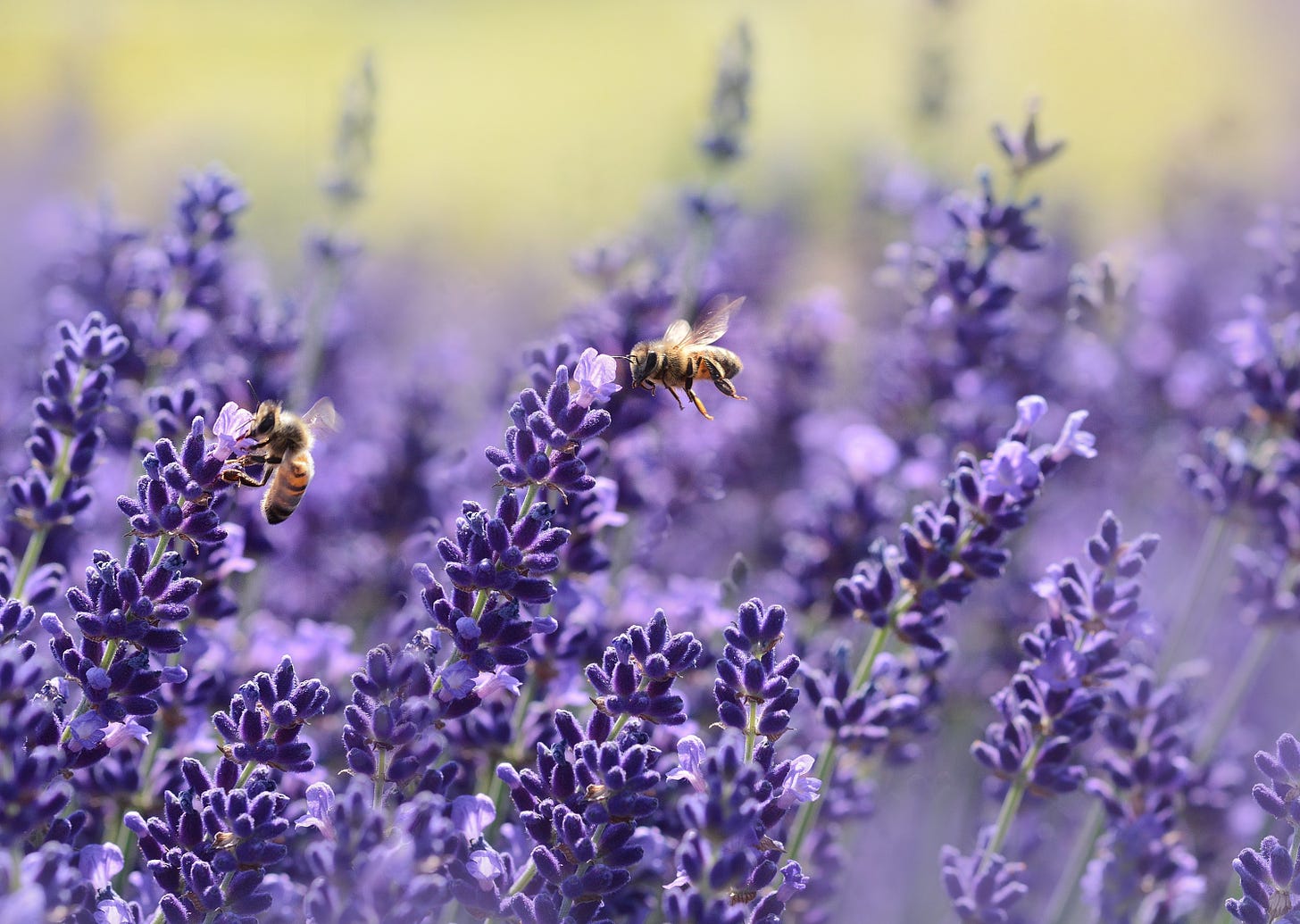#4: Why climate is so hard to tackle, the start of the impact industry, the role of bees
Hello there, it’s Àlex, Marc & Miquel, authors of the 3X Newsletter, home of the impact society.
We are here to inspire some of our brightest citizens to write the next chapters of our history by scaling companies or working on projects that help solve society’s biggest problems, while also living environmentally conscious lives.
Let’s dive in!
One reflection
Why is climate so hard to tackle?
First of all: are we tackling climate, at all? Yes, but…
YES. In the first ever Earth Summit, held in 1992, we were on track towards a 3.6 - 4°C global warming. Today we are looking at the 2.7 to 3.1°C range, and we already have national commitments to lower it further to 2.1°C
BUT. Climate “safety” demands <1.5°C warming levels. Emissions are still growing in absolute terms. And, ~3/4 of the current national pledges lack adequate plans to make them a reality
So why is it that our response is still insufficient?
Systemic change: Individual action (e.g., reduce, reuse, recycle) is not enough. We need complete sector redesigns. Take Food for instance, we should halve meat consumption and food waste while completely redefining our agricultural practices in order to give way to significant change
Skin in the game: Wealthy nations - those that can solve the problem - are more likely to face the short-term costs of acting (e.g., higher energy costs), than the consequences of not acting (e.g., developing nations will typically suffer more severe natural disasters, while also having a lower ability to hedge or recover from those). And the consequences that impact wealthy nations, will be more likely faced by future generations, deepening the overall lack of skin in the game
How do we then effectively address climate?
Each individual action matters and we all need to contribute. But this is not enough. Climate safety requires scalable solutions with the power to trigger an entire sector’s systemic change - what we call “positive tipping points”.
Take power generation. Solar and wind tech breakthroughs are making renewable energy cheaper than fossil fuels, triggering a full sector redesign. Or transportation, where Tesla, coupled with more favorable regulation, has managed to push the entire industry towards Electric Vehicles. Or recent breakthroughs in nuclear fusion with the power to solve our fossil fuel dependence.
One insight
When did the Impact Industry actually start?
One of the earliest examples of impact investing can be traced back to the 1920s, when a group of investors formed the Commonwealth Trust in the United Kingdom with the goal of using their investments to address social and environmental issues. In the 1970s and 1980s, the concept of "socially responsible investing" (SRI) emerged, which focused on using financial investments to promote social and environmental causes.
In recent years, impact investing has gained mainstream attention and adoption reaching $1 trillion in assets under management by 2020.
Impact stories
The world's biggest carbon market is getting bigger. European Union lawmakers agreed on Dec. 18 to reform the bloc’s carbon market, expanding it to cover new sectors of the economy and increasing the pace at which it aims to drive down greenhouse gas emissions.
The Jeff Bezos-Backed Vegan Unicorn NotCo Raises $70 Million to Scale Up B2B Tech. NotCo’s AI tech, which it’s dubbed Giuseppe, helps it to identify ingredients that can best mirror the taste, texture, and nutrition profiles of animal products.
One quote
We are the first generation to feel the impact of climate change and the last generation that can do something about it."
~ John Kerry, former U.S. Secretary of State
Bees pollinate a significant proportion of the world's flowering plants, including many crops such as apples, almonds, and avocados.
In general, bees are considered to be the most important group of pollinators, and they play a vital role in the reproduction of many plant species. Without the help of bees many plants would struggle to survive and reproduce. Thus, it is important to support the health of bees. This can be done through practices such as planting flowering plants to provide a source of food for pollinators, avoiding the use of pesticides that can harm pollinators, and providing nesting sites for bees and other pollinators.
*Powered by notmaad.com - Impact advisory.




